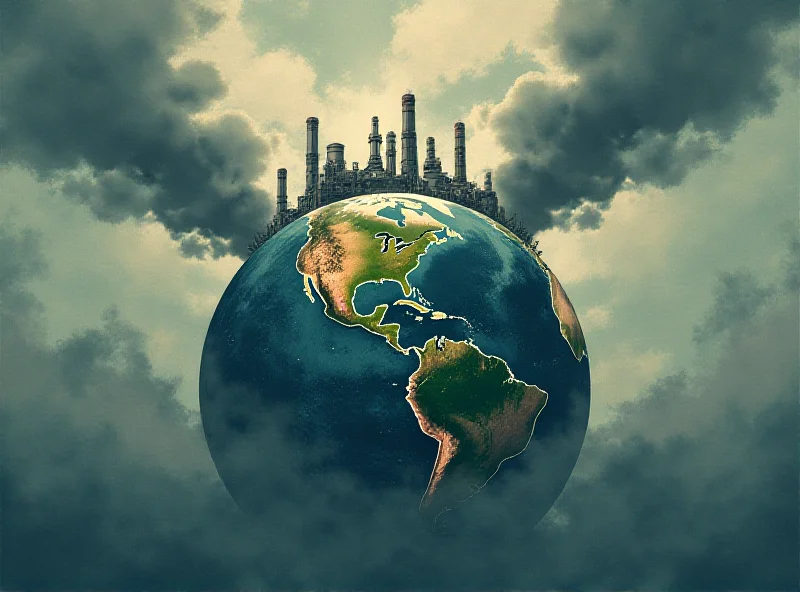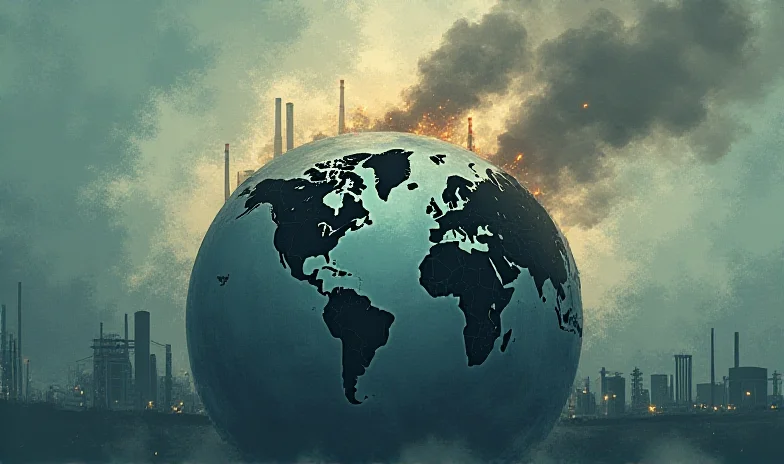Welcome to your weekly dose of science news! This week, we're diving into a range of topics, from the environmental impact of major corporations to innovative solutions for reducing food waste. Let's get started!
The Carbon Footprint of Giants
A recent report has revealed a startling statistic: just 36 of the world's richest and most powerful companies are responsible for over half of global greenhouse gas emissions. This highlights the immense impact a relatively small number of entities have on our planet's climate. What steps can be taken to hold these companies accountable and encourage more sustainable practices? It's a question that demands urgent attention.

Brazil Battles a Heat Wave
Brazil is currently experiencing a significant heat wave, with a red alert issued for several regions. The alert covers large parts of Rio Grande do Sul (RS), as well as portions of Santa Catarina (SC), Paraná, São Paulo (SP), and Mato Grosso do Sul (MS). Residents are advised to take precautions to stay safe and hydrated during this extreme weather event. "The heat is intense, and we urge everyone to be mindful of their health," stated a local weather authority.
A Physicist's Passion for Portuguese
In lighter news, a collection of memories from the renowned American physicist Richard Feynman, one of the key figures in the development of the atomic bomb, shares insights into his personal life. One fascinating anecdote recounts his decision to learn Portuguese. Feynman's diverse interests and intellectual curiosity shine through in these stories, offering a glimpse into the mind of a brilliant scientist.

Snowfall in the Krkonoše Mountains
Venturing into the realm of natural phenomena, recent measurements in the Krkonoše Mountains reveal a snow depth of 7.74 meters on the southern slope of Studniční hora. While this may seem impressive, it's considered a relatively low amount compared to past winters. For instance, the winter of 1999/2000 saw a staggering 15.7 meters of snow. The last remnants of snow from previous seasons only melted in early August, a testament to the region's unique climate.
Gene-Edited Bananas: A Solution to Food Waste?
Scientists in Norwich have developed a gene-edited non-browning banana that can remain fresh for up to 12 hours after being peeled. This innovative fruit aims to combat food waste, a significant global issue. By extending the shelf life of produce, gene-editing technology offers a promising avenue for reducing the amount of food that ends up in landfills. This could have a major impact on global food security and environmental sustainability.

That's all for this week's science news roundup. Stay tuned for more updates on the latest discoveries and developments from around the world.
